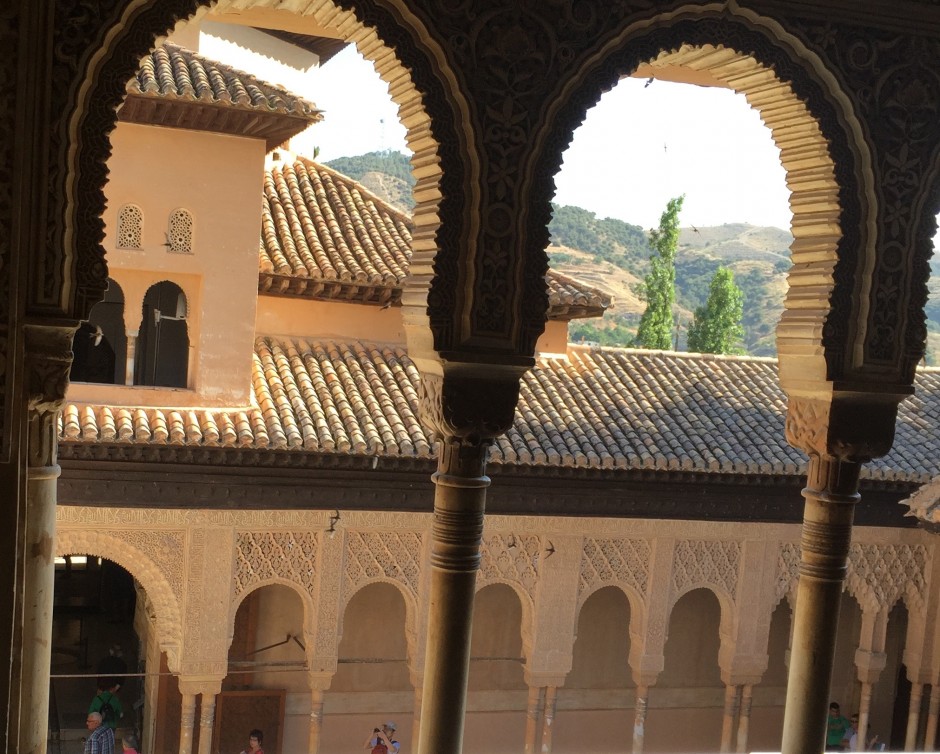Chapter 15 describes ‘Abd al-Rahman III’s besiegement of Bobastra in 928 and his assumption of the caliph title in the subsequent year. These assertions of territorial and religious dominance reflect evident political motivations–namely, to project the power and dominance of the Umayyad dynasty to rivalrous Islamic groups. However, the only motivational forces acknowledged in the decree are related to God and his plan for the Umayyads. According to the chapter, ‘Abd al-Rahman III did not order his forces to seize Bobastra merely to expand the region over which he reigned. Rather, it was in response to a message he received from God about the ruler of Bobastra’s hidden Christian devotions. The public crucification of the ruler and his sons’ bodies in Cordoba was thus a fulfillment of God’s will, rather than a simple display of intimidation. Similarly, ‘Abd al-Rahman claims to have declared himself the true caliph in humble recognition and acceptance of God’s will. Failure to assume this title would be a shirking of his pious obligations to act in accordance with God’s plan.
The acknowledgement of God’s grace and will that arises throughout this chapter is reflected in Puerta Vílchez’s discussions of the verses engraved over doorways in La Alhambra. All, whether directly or indirectly, praise God for everything that is accomplished and received in life. Additionally, it is interesting to note the role of poetry in relation to God that arises in both the chapter and in Puerta Vílchez’s discussion. Evidently, a poet had prophesied the crucification of Bobastra’s ruler’s body alongside his two sons in an ode praising the forces of ‘Abd al-Rahman III. This suggests a clear connection between the poetic word and God’s will; it as if poetry is a medium through which God communicates with humanity, and the poet is merely the translator. This is also reflected in the poetic verses throughout La Alhambra, as they are often written from the first-person perspective of God. In this period, it seems nothing occurred or was achieved without the humble acceptance that God enabled all. The poetic verses inscribed throughout La Alhambra reflect this constant, ubiquitous respect toward God present in the society.
